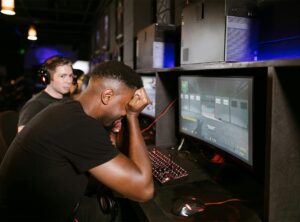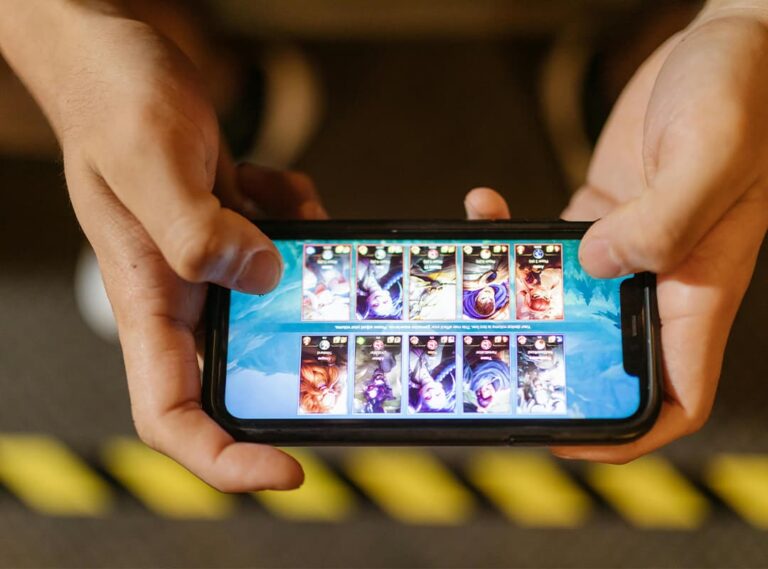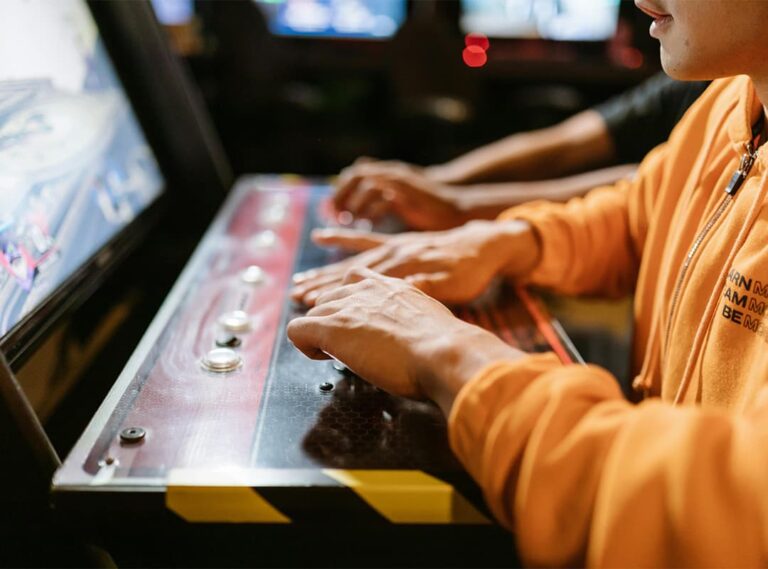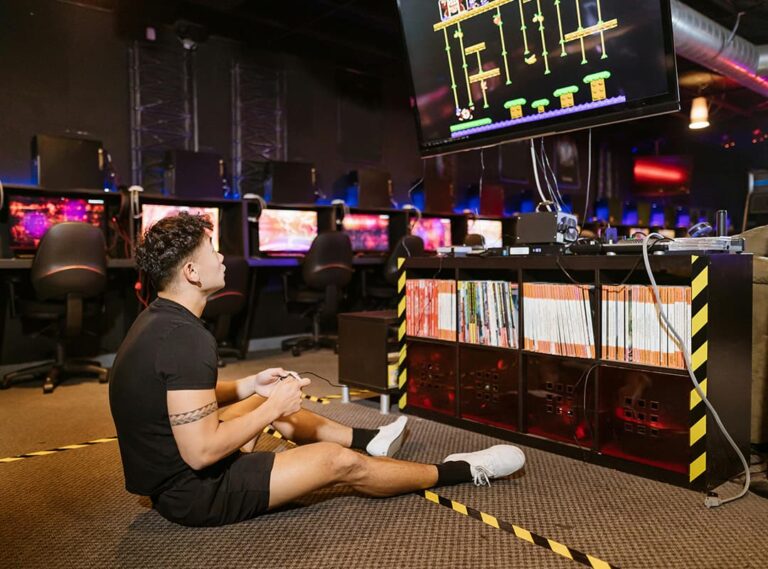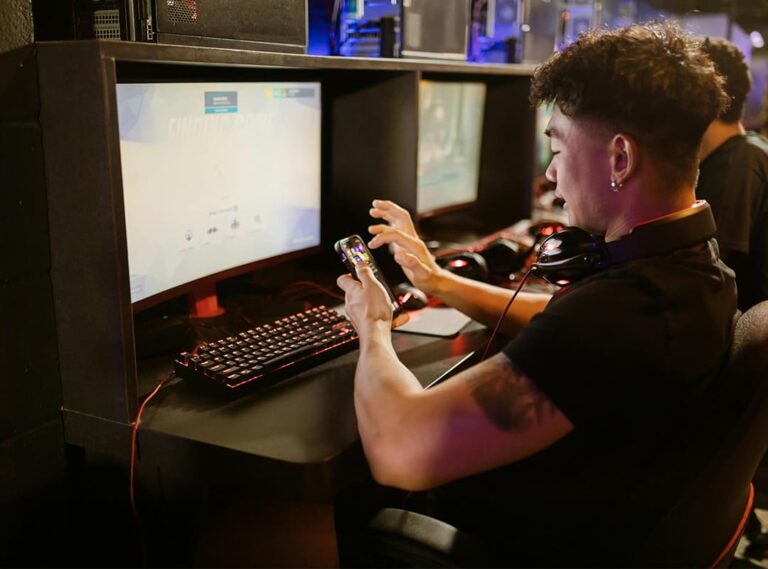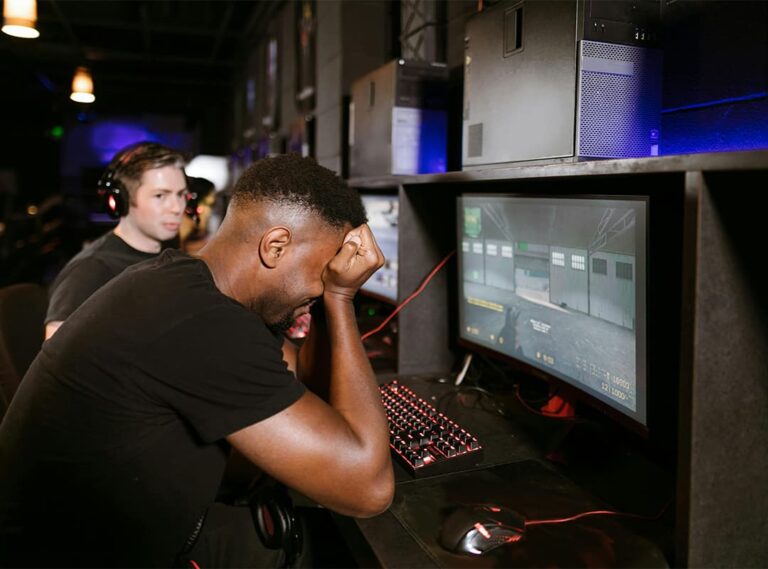The integration of blockchain technology into gaming has revolutionized how players interact with virtual assets and game environments. At the heart of this transformation lies smart contracts—self-executing pieces of code that facilitate trustless, transparent, and efficient transactions. In this article, we’ll explore the role of smart contracts in gaming ecosystems and how they are shaping the future of the industry.
1. What Are Smart Contracts?
Smart contracts are programs stored on a blockchain that execute automatically when predefined conditions are met. They eliminate the need for intermediaries, ensuring secure, fast, and transparent operations. For example, in gaming, a smart contract could govern the transfer of a rare in-game item between players once payment is confirmed.
Key characteristics of smart contracts:
- Automation: Execute actions without manual intervention.
- Transparency: All terms are visible on the blockchain.
- Immutability: Once deployed, they cannot be altered, ensuring trust.
2. How Smart Contracts Enhance Gaming Ecosystems
A. Ownership and Trade of In-Game Assets
Smart contracts enable players to truly own their in-game items as NFTs (Non-Fungible Tokens). These assets exist on the blockchain and can be:
- Bought, sold, or traded across platforms.
- Proven authentic and unique through blockchain verification.
- Integrated into multiple games if developers support interoperability.
Example: A rare sword earned in one game could be sold or used in another, thanks to blockchain and smart contracts.
B. Transparent Play-to-Earn Models
Smart contracts power play-to-earn (P2E) systems by automating rewards. Players can earn cryptocurrency or NFTs for completing tasks, winning battles, or reaching milestones.
- No Middlemen: Rewards go directly to players’ wallets.
- Fraud Prevention: Immutable code ensures players receive fair compensation.
Example: In games like Axie Infinity, smart contracts automatically reward players with Smooth Love Potion (SLP) tokens for in-game achievements.
C. Decentralized Marketplaces
Smart contracts power in-game marketplaces where players can trade assets without relying on centralized authorities.
- Security: Transactions occur only when both parties meet the contract’s conditions.
- Fair Pricing: Smart contracts can prevent price manipulation or fraudulent listings.
Example: OpenSea, one of the largest NFT marketplaces, leverages smart contracts for seamless transactions.
3. Governance and Decentralization
A. Decentralized Autonomous Organizations (DAOs)
Some gaming ecosystems use DAOs, governed by smart contracts, to empower players in decision-making processes. Players can vote on:
- Game updates and feature additions.
- Allocation of community funds.
- Rules for in-game economies.
B. Fair Game Mechanics
Smart contracts ensure fairness by eliminating centralized control. Developers can’t alter game mechanics or rig outcomes without community consensus.
Example: In blockchain-based card games, smart contracts can randomize card draws, ensuring fairness and transparency.
4. Challenges and Considerations
While smart contracts offer numerous benefits, they also face challenges:
- Complexity: Writing error-free code is crucial, as flaws can lead to exploits.
- Scalability: High transaction volumes may strain blockchains, causing delays and increased costs.
- Education: Players and developers need to understand how smart contracts work to utilize them effectively.
5. The Future of Smart Contracts in Gaming
The role of smart contracts will continue to expand as blockchain gaming evolves. Key trends include:
- Interoperable Assets: Universal NFTs usable across multiple games.
- Dynamic Rewards: Smarter contracts that adjust payouts based on player behavior.
- Enhanced Security: Advances in blockchain technology to prevent exploits.
Smart contracts are revolutionizing gaming ecosystems by fostering trust, transparency, and efficiency. They empower players with true ownership of their assets, fair rewards, and a voice in game governance. As the gaming industry continues to embrace blockchain technology, smart contracts will play an increasingly central role in shaping innovative, player-driven experiences.
For developers and gamers alike, understanding and leveraging smart contracts is the key to unlocking the full potential of the blockchain gaming revolution.
